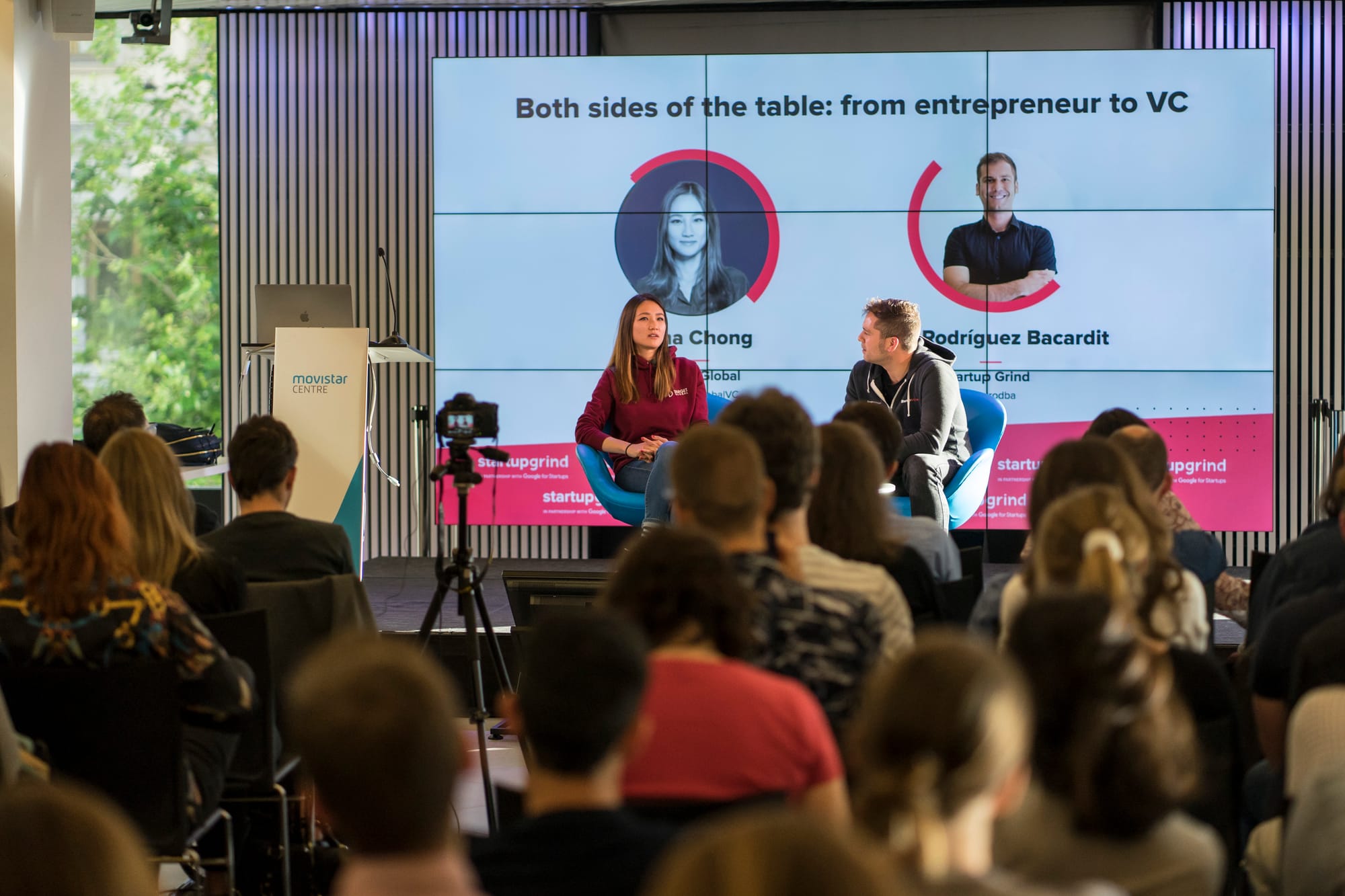F2F #40: Remote podcasts are trash
No one likes talking head podcasts. And if you can think of one, that is probably the exception, not the rule.

I've been podcasting for well over five years now. I started Life on Mars, the MarsBased podcast, as a by-product of the pandemic.
Up until February 2020, we had been hosting monthly Startup Grind events in Barcelona, and that came to a sudden halt because of the confinement. We didn't know how long it'd take to go back to normality, so we decided to explore podcasting instead, after hosting dozens of online events - which are one of the worst ideas to come out of the pandemic. Instead of using the Startup Grind brand, I decided to create Life on Mars, and thus our podcast was born.
That year, I also started a podcast with friends about music, all in Catalan, called Noise Base (the MarsBased naming likeness is purely coincidental). It didn't go very far, but we had a lot of fun and I learnt even more about podcasting.
Around December 2021, I launched Foc a Terra, another podcast in Catalan, with my good friend Marc Collado. Out of all the podcast I've launched, this is by far the best-performing one, raking in around 5000 downloads per episode, with a weekly frequency.
I've learnt several things about podcasting, over the years. Perhaps, the most poignant one is that remote podcasts are shit.
From the perspective of the host, you get the feeling that nothing is under control. Guests are largely unprepared 99% of the time, with unstable wifi connections, dreadful audio and video quality and background noises constantly. On top of that, if you don't really connect, you can tell that guests are most of the time just doing something else throughout the recording.
From the perspective of the guest, it also sucks. The context switching is brutal. You probably jumped out of the previous call barely 2 seconds before hopping on the recording session. Also, most podcasts don't have preparation calls, so you jump blindly into something you don't know what's about.
From the perspective of the audience, instead, there's practically zero reasons to watch a "talking heads" podcast, when it can be listened to instead. There's almost zero body language and too many signs of distracted people talking. There's more downside than upside.
Maybe I come from the events side, where we are able to connect deeper with the guest, and that transpires into the conversation. I typically would meet a week or two before the event with my guest, have coffee or lunch with them, run them through the details, get to know them a bit and test the waters so I didn't have to get to know them onstage. The fine-tuning was done offstage, so we could hit the ground running once the fireside chat started.
On top of that, we were both connected to the conversation because not only it was the two of us on stage, where the usage of the phone or the laptop was out of the question, but also because there was a room full of people watching us.

That's why I'm feeling less and less connected to doing remote podcasts and am going back to doing in-person recordings.
In the last weeks, we started doing in-person sessions of Foc a Terra, and not only are they fun, they also perform better. People are more connected, we are more connected, and that shows. Also, we have an excuse to drink coffee/beer with the guest and with a few members of the audience afterwards, to bond even further.
As for Life on Mars, we have started recording in-person episodes as well. I am feeling a deeper connection with the guests. We're trying two things:
- Going to the guest's company offices and record there.
- Record some episodes in a neutral field, in a proper recording studio.
We'll be trying both of them and we'll see what sticks.
Why am I doing this?
Think of it: among your top 10 favourite podcasts, which ones do you watch vs. only listen? Of those watched, how many are remote podcasts?
My guess is none.
Why has it taken me five years to reach this conclusion?